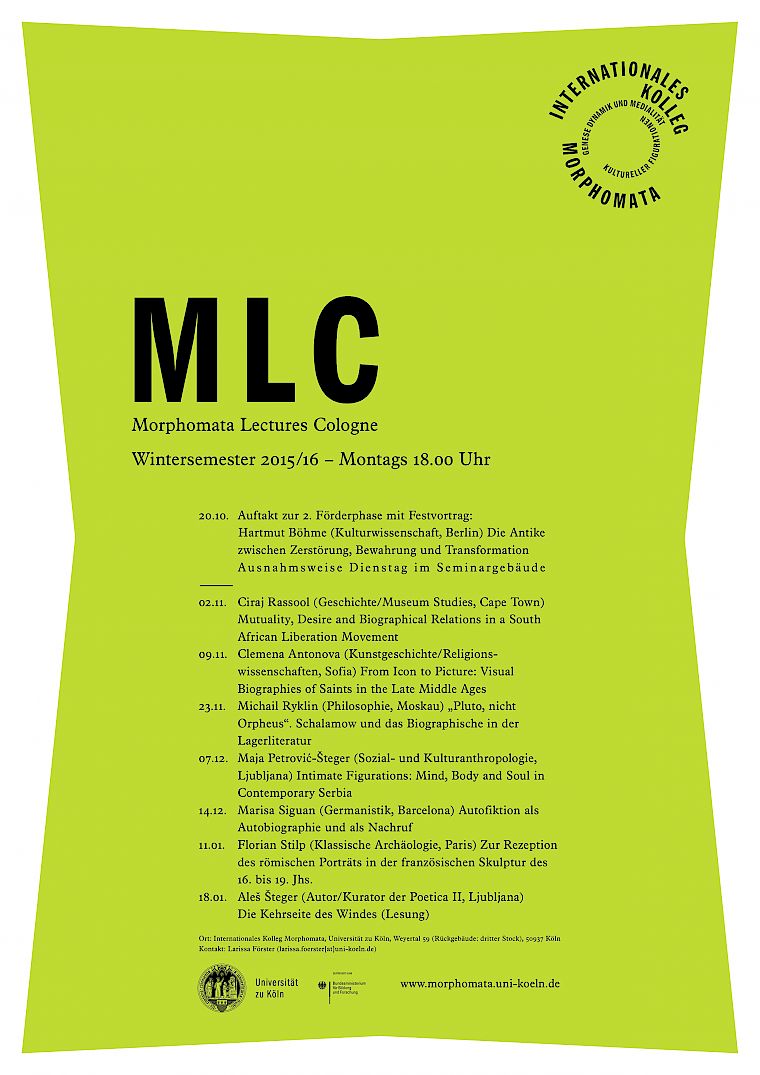Anthropology has a longstanding interest in understanding people’s representational economies. Most particularly the discipline is marked by detailed observations and analyses of how selfhood emerges through cultural and social practices—under rubrics both of ‘self-fashioning’ and group behaviour that depends on, or effects, a differentiation of roles or persons. The lecture will frame an enquiry on how certain modes of imagining the self in contemporary Serbia align people to a social world; how people represent themselves to themselves and to others in a time of upheaval in a highly politicised southern European context.
Serbia has supposedly emerged from its 1990s wars with a new mandate: to transform itself from a belligerent society to one marked by peace and psychic good health. The country’s prosperity and political good fortunes have been taken to hang on how committedly it seeks to foster values of reconciliation, as these might be informed by a deep-lying shift in national consciousness and self-understanding. The paper asks what is involved in this claim—in the idea that national well-being is dependent not on brute economic or social measures, but on a change, alteration of mindset? Its ethnography addresses a particular conjunction between the political imperative placed on the Serbs to reassess their recent past and what my informants in Belgrade (and elsewhere) call, in a more medicalised register, their ‘mental hygiene’. The analysis revolves around several further questions: in what circumstances can people construe their state of mind as a political good or as an economic, even military asset? When do they construe their state of mind as a form of psychological defence? What connections exist in people’s minds between physical and mental security? How does consciousness get politicized? Cleaving to people’s self-conceptions in their intimate, everyday dimension the paper will offer a portrait of a suspicious society, one also weary of scrutiny.

